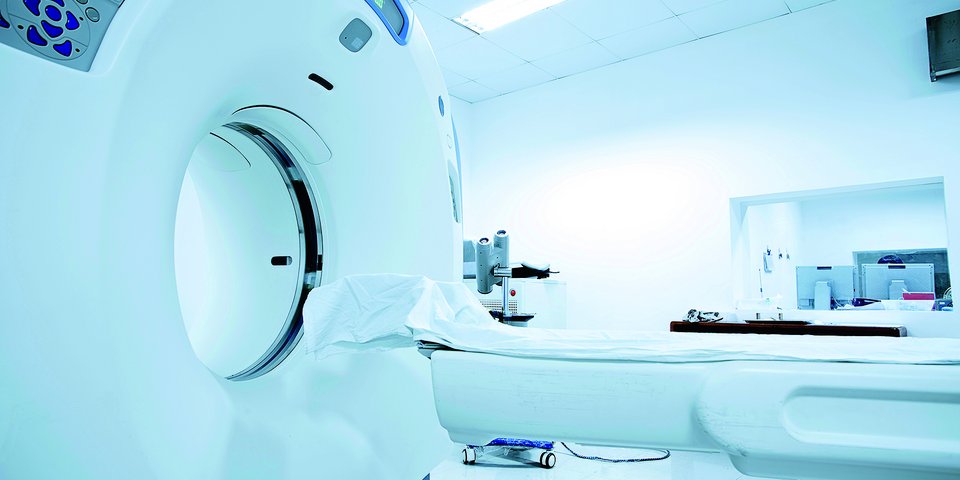 iStockphoto/4X-image
iStockphoto/4X-imagePopulation-Based Cancer Screening
The chief scientific advisers to the European Commission have stated their opinion about further developing early cancer screening.
UM/LB – 03/2022
As part of the European
plan to combat cancer the chief scientific advisers to the Comission (GCSA) have published their recommendations for improving early cancer screening. The
expert commission's opinion will be the basis for a proposal that the Comission
will submit to the council, which will decide on updating its 2003
recommendation about early cancer screening. According to the current
status (Jan. 2022), the updating process should be completed
by 2025 at the latest.
Increasing the intake, introducing new screenings
With its recommendations about early cancer detection
being one of the central modules in the fight against cancer, the GCSA aims, on the one hand, to improve participation in the established
population-based cancer screening programmes and it has also made proposals
about how the existing early cancer screening programmes for breast, colorectal
and cervical cancer should be expanded. On the other hand, extending early
cancer screening to include lung and prostate cancer and, to a limited extent,
gastric cancer as well is also recommended.
Recommendations for early cancer screening
- mammography screening for the early breast cancer
detection in women under 50
- HPV (Human Papilloma Virus) testing and HPV
vaccinations to combat cervical cancer for under-15s
- FIT (Faecal Immunological Tests) to be used as
the preferred triage tests prior to colonoscopy as part of early colorectal
cancer screening
- low-dose tomography for smokers (former smokers
as well) as part of an early lung cancer screening programme
- PSA (Prostate-Specific Antigen) screening
combined with complementary MRI for the early prostate cancer screening
- gastric cancer screening in regions with average
to high incidence rates.
The experts also discussed procedures for early
oesophageal cancer diagnosis through endoscopic examinations and ovarian cancer
through both ultrasound and CA124 screening. However, due to the absence of
ample comprehensive proof, no recommendations were made for including them in
population-based early screening programmes.
Making the guidelines dynamic
The specific recommendations were supplemented by
generally formulated measures for improving early cancer screening, such as
self-testing at home, providing more information and joint decision-making
processes. The GCSA also advised that dynamic guideline systems should be
developed that will enable rapid and continuous adapting of screening
programmes to include current scientific findings - i.e. with regard to new
technologies. Training measures, quality assurance and documentation were also
mentioned.
Comprehensive medical proof must be ensured
With their proposals, the scientific advisers
have gone significantly beyond the scope of what is currently part of statutory
health care in Germany. As part of the exploratory process, German Social
Insurance has made it clear in a feedback that when it comes to further developing early screening programmes, attention
must also be paid to a balanced relationship between patient-relevant benefits
and harms in addition to effectiveness and costs.
Extending the screening
programmes to include other types of cancer will only be justified if there is sufficient
comprehensive proof of their benefits in terms of effectiveness, quality and
safety as well as a well-balanced benefit / harm relationship. The proposals
made by the Comission's advisers must meet this requirement.
The full GCSA chief scientific advisor’s
publication can be found here: “Cancer
screening in the European Union".
